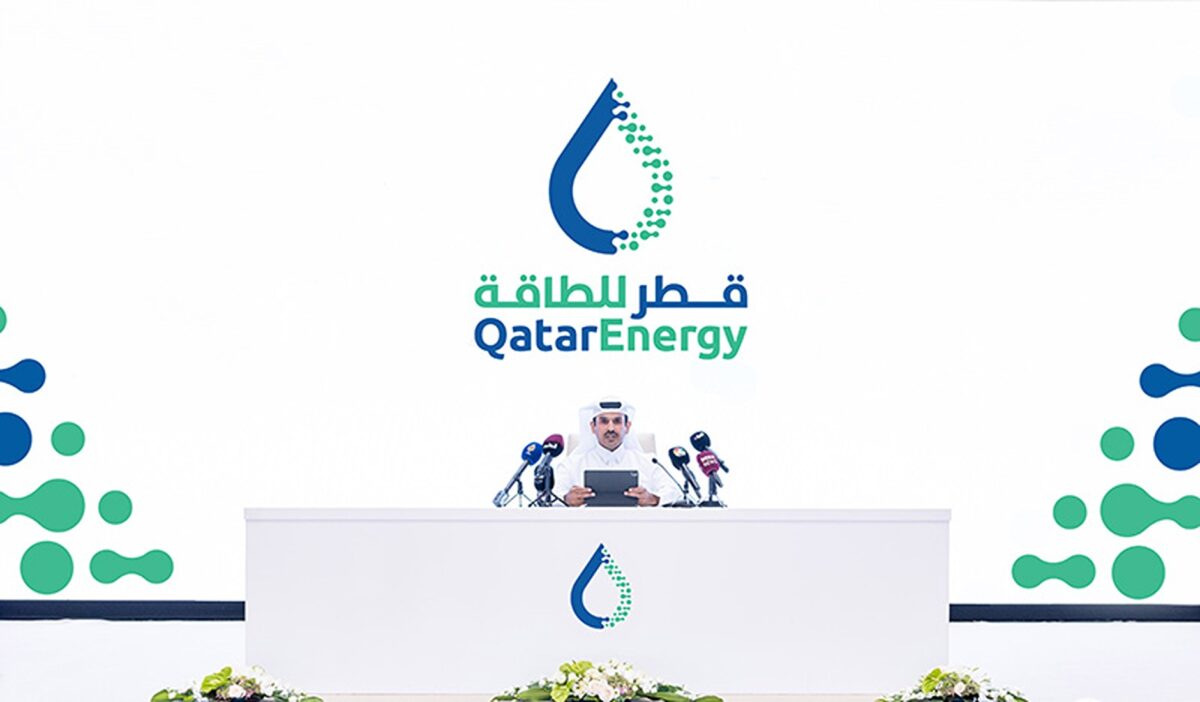QatarEnergy, a state-owned petroleum company, is set to construct a 2 GW solar facility in the city of Dukhan, Qatar.
Qatari Energy Minister Saad Sherida Al-Kaabi, who is also the president and CEO of QatarEnergy, revealed the plans during a press conference this week.
“Developing solar power plants is one of Qatar’s most crucial initiatives to reduce CO2 emissions, develop sustainability projects, and diversify electricity production, reducing carbon dioxide emissions by more than 4.7 million tons per annum,” said Al-Kaabi.
The Dunkhan project is expected to more than double Qatar’s solar production capacity. Figures from the International Renewable Energy Agency (IRENA) show that the country had 808 MW of deployed solar at the end of 2023.
QatarEnergy’s solar portfolio features the 800 MW Al-Kharsaah solar power plant, which began operations in 2022, and an 875 MW project across Ras Laffan and Mesaieed, expected to start production by the end of this year.
Al-Kaabi said that the latest project will bring QatarEnergy’s solar assets in Qatar to approximately 4 GW by 2030, which will represent about 30% of the country’s total electricity generation capacity.
This content is protected by copyright and may not be reused. If you want to cooperate with us and would like to reuse some of our content, please contact: editors@pv-magazine.com.








By submitting this form you agree to pv magazine using your data for the purposes of publishing your comment.
Your personal data will only be disclosed or otherwise transmitted to third parties for the purposes of spam filtering or if this is necessary for technical maintenance of the website. Any other transfer to third parties will not take place unless this is justified on the basis of applicable data protection regulations or if pv magazine is legally obliged to do so.
You may revoke this consent at any time with effect for the future, in which case your personal data will be deleted immediately. Otherwise, your data will be deleted if pv magazine has processed your request or the purpose of data storage is fulfilled.
Further information on data privacy can be found in our Data Protection Policy.